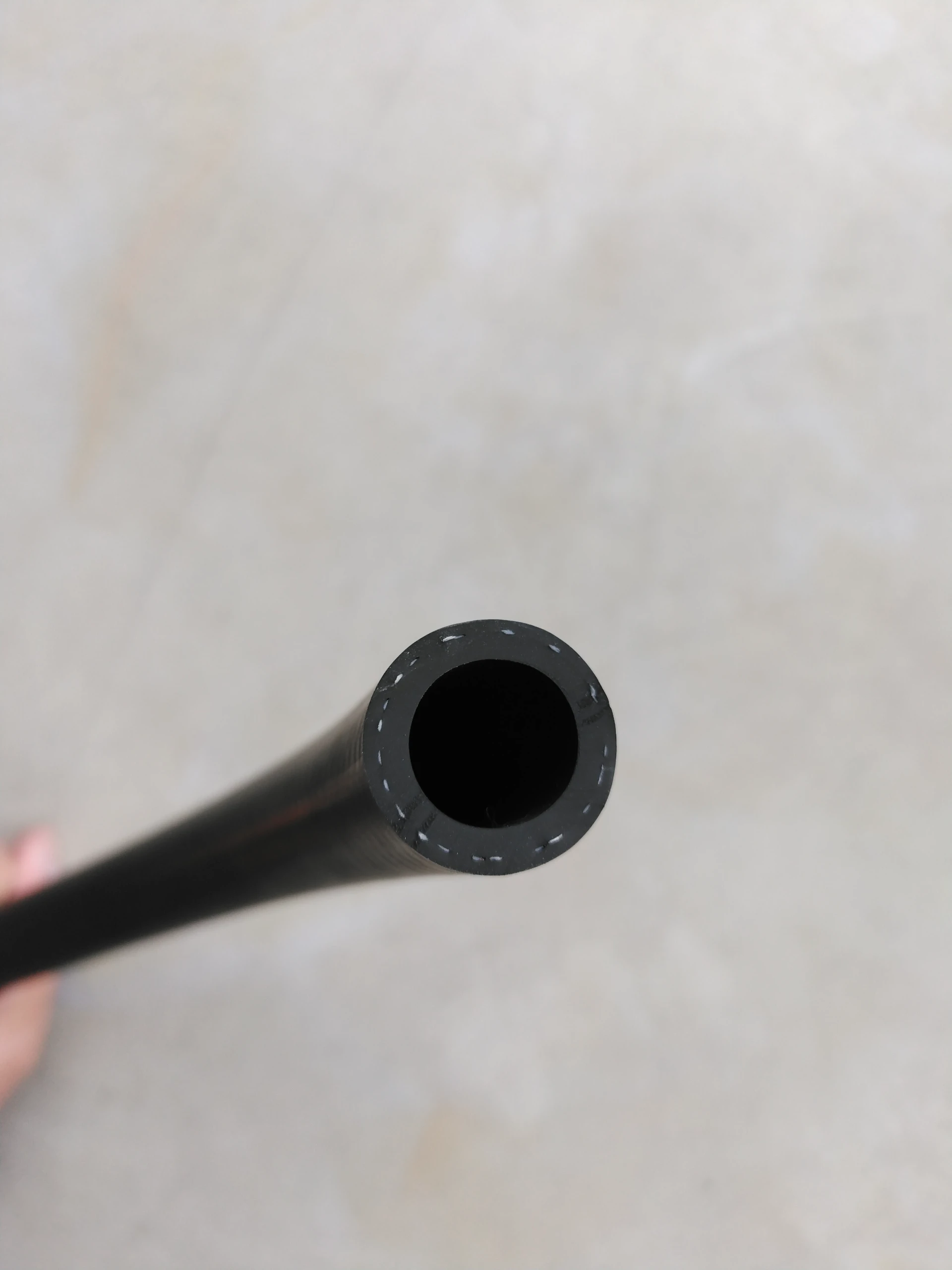fuel line pipe
Dec . 03, 2024 18:11 Back to list
fuel line pipe
Understanding Fuel Line Pipes Essential Components in Automotive Systems
In the automotive world, fuel line pipes are critical components that often go unnoticed until a problem arises. These pipes, which transport fuel from the tank to the engine, play a vital role in ensuring that vehicles operate efficiently and safely. Understanding their function, materials, maintenance, and common issues can help car owners appreciate their importance and ensure optimal performance.
The Function of Fuel Line Pipes
Fuel line pipes serve a straightforward yet crucial purpose transporting fuel from the fuel tank to the engine's fuel injection system. This process requires not only the movement of fuel but also the ability to withstand varying pressures and temperatures. Fuel line pipes must reliably deliver gasoline or diesel to the engine in precise amounts, as this directly affects vehicle performance, fuel efficiency, and emissions.
Types of Fuel Line Pipes
Fuel line pipes are typically made from a variety of materials, each chosen for its durability, heat resistance, and ability to minimize corrosion. The most common materials include
1. Steel Often used for high-pressure fuel systems, steel pipes are strong and can handle elevated pressures. However, they are prone to rusting if the protective coating is damaged.
2. Aluminum Lightweight and resistant to corrosion, aluminum fuel lines are becoming increasingly popular in modern vehicles. They offer a good balance of strength and weight but may not withstand the same pressure levels as steel.
3. Rubber and Plastic Flexible hoses made from rubber or reinforced plastic are often used for low-pressure applications. Although easier to install and manipulate, they have a shorter lifespan and are more susceptible to wear and damage.
Maintenance of Fuel Line Pipes
fuel line pipe

Maintaining fuel line pipes is essential for the overall health of your vehicle. Regular inspections can help identify early signs of wear, leaks, or blockages. During maintenance, car owners should check for
- Corrosion This is especially critical for metal pipes. If corrosion is found, it may require immediate attention, including the possible replacement of the affected pipes.
- Cracks and Leaks Rubber and plastic hoses are susceptible to cracking over time. A leak can lead to diminished engine performance and increased emissions, not to mention the safety hazards presented by fuel leaks.
- Clogging Dirt and impurities can accumulate within fuel lines, leading to clogs that restrict fuel flow. Regularly replacing fuel filters and ensuring that the fuel tank is clean can mitigate this risk.
Common Issues with Fuel Line Pipes
Several issues can arise with fuel line pipes that may affect vehicle performance. Fuel leaks are the most serious, posing fire hazards and environmental concerns. Symptoms of a leak may include the smell of gasoline, decreased fuel efficiency, or visible wet spots around the fuel lines.
Another common issue is fuel delivery problems, which can stem from blockages or damaged pipes. This can result in poor engine performance, stalling, or difficulty starting the vehicle.
Conclusion
In summary, fuel line pipes are indispensable components of any vehicle's fuel system. Their role in facilitating the safe and efficient transport of fuel cannot be overstated. Understanding their types, maintenance requirements, and potential issues equips car owners with the knowledge needed to ensure a smooth and safe driving experience. Regular inspections and prompt action in the face of potential problems will help keep these vital components functioning optimally for years to come.
